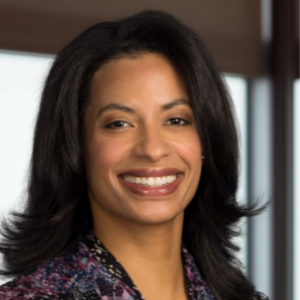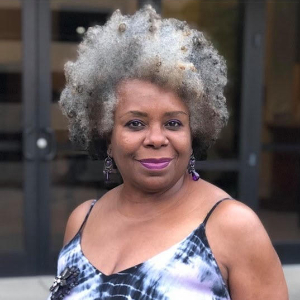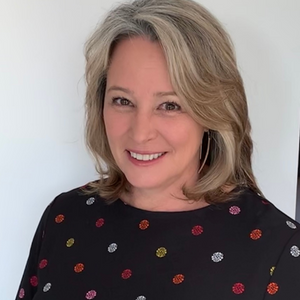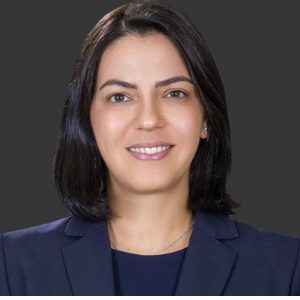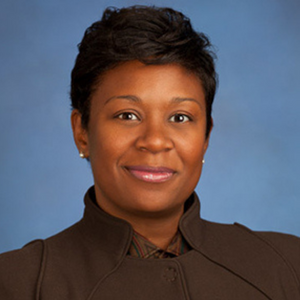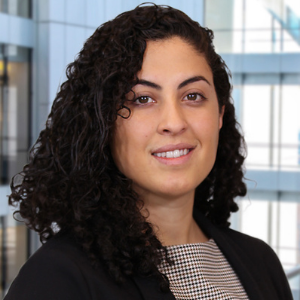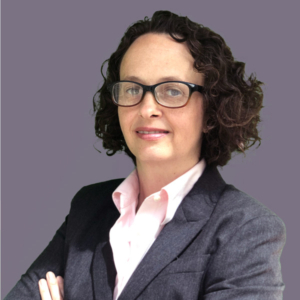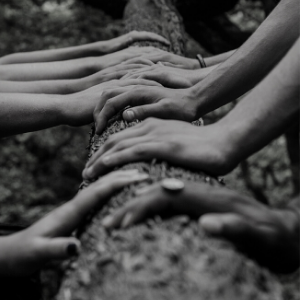Thought Leader: Silke Muenster, Chief Diversity Officer, Phillip Morris International
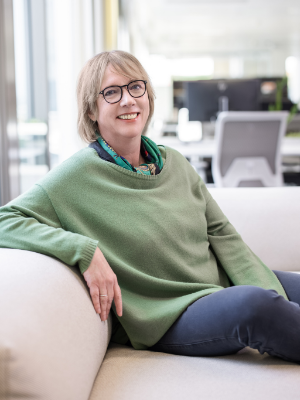 Diversity can drive innovation and innovation can drive diversity. This is a sentiment shared by Silke Muenster, Chief Diversity Officer at Phillip Morris International (PMI), a self-described ‘German mathematician’ but an interesting, committed and fierce change leader who goes way beyond any formula when she speaks passionately about diversity.
Diversity can drive innovation and innovation can drive diversity. This is a sentiment shared by Silke Muenster, Chief Diversity Officer at Phillip Morris International (PMI), a self-described ‘German mathematician’ but an interesting, committed and fierce change leader who goes way beyond any formula when she speaks passionately about diversity.
“Diversity is numbers, but inclusion is what makes diverse teams work.” She continues, “It is the culture that makes inclusion work and then innovation can happen. Innovation is fundamental to our vision at PMI of creating a smoke-free future. There are one billion smokers in the world, and our company is undertaking a huge task to make smoking cigarettes a thing of the past. Imagine the diversity that lies within our adult customer base so this is something we want to represent also inside PMI.”
Silke recounts how at university and in a large portion of her career, she was always surrounded by men from school classes to the senior management meetings she attended in Germany. Her career journey started at Coca-Cola where she stayed for twelve years and she joined PMI in 2011 as director, Market and Consumer Research, and then was appointed Vice President, Market Research in 2012.
In March 2020, she became PMI’s first Chief Diversity Officer (CDO) starting on the ‘first day of lockdown’ in Switzerland, in a year that would lead most people to reflect on the role of companies in advancing equity and furthering inclusion and diversity in society, and the future of work. Silke was working on this exact topic of “smart work” when COVID-19 hit, and sees real opportunity for everyone to have flexibility, now that the theory that remote work is not only possible, but possible for the vast majority of employees in many companies, has been truly road tested.
When she took the role of CDO, she felt that it was an excellent time to start. She noticed that it was clear that people wanted to talk about the topic and wanted to reflect on their priorities due to pandemic-induced changes of circumstances and the happenings in the world at large that occurred in 2020 – notably, the extension of the Black Lives Matter movement and the growing awareness that came to the forefront of social justice issues.
Diversity And Inclusion
“There has been a tendency for people to think that Diversity and Inclusion is about everyone being nice to each other, but D&I is about creating room for people to speak up so that everyone’s voice is heard.”
Silke believes that it is crucial for people in the company to have the right discussions but that the organization needed to first create the psychological safety to start these conversations. She believes that not everyone has to be an expert, but rather a willing participant, to engage in the conversation about how they would like to see the world in the future.
“Discussions can be had, and conflict can also occur, but ultimately those discussions can be therefore very productive.”
Silke believes that inclusion has benefits for everyone and on her list of things to ensure she and other senior leaders do, is to find a way to empower every employee to enter into the discussion about how to improve inclusion and advance our diversity –to ultimately better our organization and our business— no matter who they are, where they come from, what they look like, who they love, their ability or any other dimension of their identity.
“Different views need to be heard. I&D is something for everyone to participate in. Everyone has to drive this agenda as everyone will benefit. It starts from the top as it needs total commitment that it is a valued task to undertake.”
When she reveals what she is working on, she mentions that this is where she does delight in the numbers, as she has seen the needle move from 29% of women in management in 2014 go to 37% at the end of 2020—with the number of women on PMI’s Senior Management Team doubling from 8 percent to 16 percent in the space of 12 months (since January 2020 until year-end).
“We make gender diversity a company-wide goal and part of leaders’ efforts, and we make sure internal talent processes align. We also have worked hard to create Employee Resource Groups and have updated policies, such as most recently ensuring that we have a more inclusive minimum global parental leave principles which include men and women, and ensuring everyone is covered regardless of sexual orientation. I am also proud to say we have just signed The Valuable 500 and are committed to bring disability onto our 2021 agenda in a much bigger way.”
The Hard Conversations
“Diversity work is a journey and I personally have done a serious amount of reading to learn what I didn’t know and was interested in growing my understanding in this domain. To do this work, to take the journey, you have to start somewhere and have discussions, perhaps hard conversations that include talking about how the playing field is not level. Senior managers have to show vulnerability, which runs deep of course.”
Silke speaks of her thoughts around mentoring and sponsorship freely, revealing she is a very passionate mentor herself and believes that mentoring is the best way to start a sponsor relationship as the chemistry can truly evolve. She feels strongly that pilot programs are the best way to see if certain programmatic efforts work specifically for PMI so that the success of the program can be evaluated and then implemented widely for optimal success.
“It is not about ‘fixing’ women; rather, it is important to recognize that there are specific barriers that women face when it comes to career advancement and we want to make sure to create the right solution that actually helps.”
Silke reiterates her desire for specificity and not a broad approach and believes that she is now a coaching convert also.
“If you had of asked me twenty years ago about coaching, I would have not been convinced, but I have seen how well this can work, especially when there are specific challenges identified, then coaching can really help women and men alike.”
Hope for the Future
Silke hopes that diversity and inclusion stops being such a hard topic in the future but understands that much like quitting smoking cigarettes, that change comes from new behaviors and habits often underpinned by educational facts, incentives via good policies and shifting of cultural norms for everyone in the society.
“If I was to hope for one thing to happen, it would be that everyone gets fully involved so that they can feel and see the joy of belonging for themselves and others; that they can feel the joy of being seen and heard when the speak up at PMI; and that they find benefits in an inclusive environment no matter who they are.”
by Nicki Gilmour, CEO and Founder, Evolved People (theglasshammer.com)

